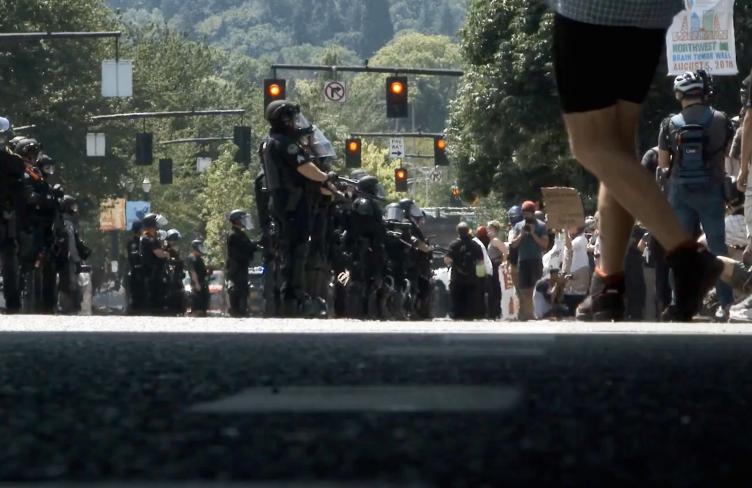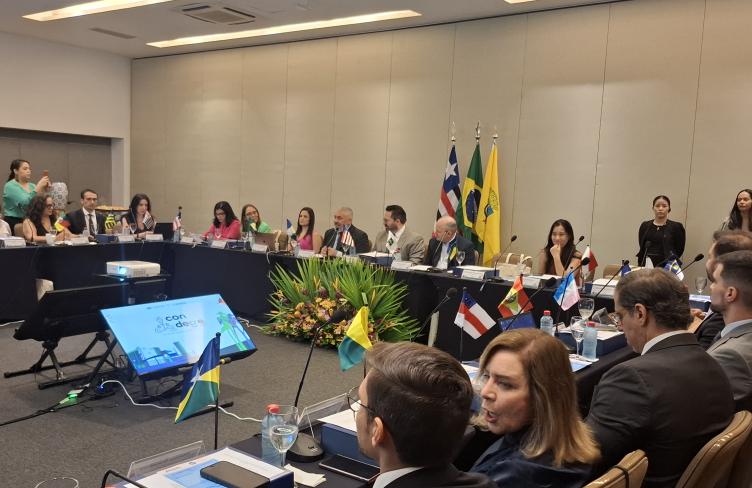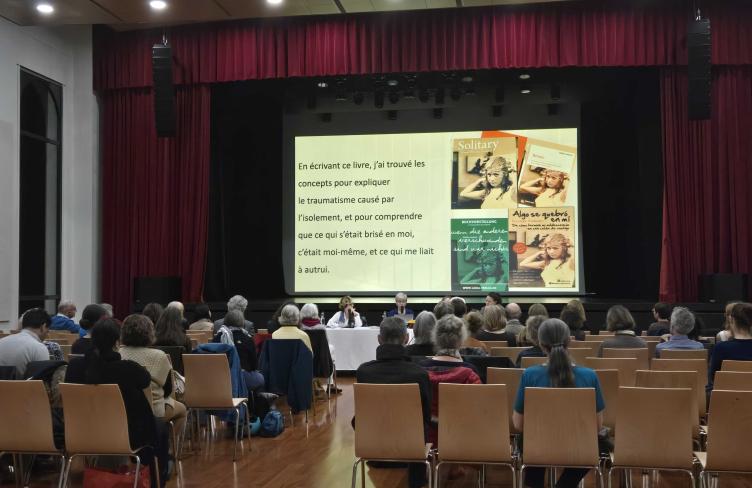
It all started when French nationals Nizar Sassi, Mourad Benchellali and Khaled Ben Mustapha were picked up on the border of Afghanistan and Pakistan in 2001. They were later brought to Guantanamo as some of the first few prisoners at the now infamous camp. They were detained until 2004 and 2005 respectively and filed a criminal complaint, in France, against former Guantanamo prison chief Geoffrey Miller.
The complainants have the support of New York-based Center for Constitutional Rights and the Berlin-based European Center for Constitutional and Human Rights. These two centres have submitted an expert report and additional documents to the Court to assist in the investigation and to substantiate the individual criminal liability of Miller. The expert report raises claims of serious violations of human rights, including an authorized and systematic plan of torture and ill-treatment of persons - who were detained without any charge. Miller, who was prison chief in Guantanamo from 2002 to 2004, is accused of implementing the so called “enhanced interrogation techniques” approved by the Bush administration in 2002. Even though former US Defense Secretary Donald Rumsfeld withdrew the approval of the more controversial methods in January 2003, detainees accuse Miller of having continued using them in certain cases.
Bold move against impunity
In the framework of the criminal complaint lodged by the three former detainees, the French investigative judge had sent a formal request to the US Government in 2012, asking for access to documents and to people who had been in contact with the complainants. The US unceremoniously ignored this request. The complainants then filed a motion and asked the investigative judge to summon Miller to appear in Court for questioning. The investigative judge initially rejected this request on the basis that the US would not cooperate. In a bold move towards fighting impunity and serving justice, the Investigation Chamber of the Court of Appeal of Paris has overturned this decision and has now issued a subpoena for Geoffrey Miller, requesting him to appear in Court for questioning.
Many accountability calls have been chorused in the aftermath of the release, in December last year, of the executive summary of the Senate Select Committee on Intelligence report. Sadly enough the US remains unwilling to prosecute or to undertake further investigation into the detention conditions and interrogation techniques used at Guantanamo. As we have pointed out earlier, oversight is meaningless if not linked to responsibility. In this context, the French decision of issuing subpoena is ground-breaking since it will open the gates for many more such cases to be filed and taken seriously.
Providing redress for victims
It is not just commendable, but absolutely necessary for other States to step in and make sure that Guantanamo torture claims do not go unpunished. Allowing these claims in domestic jurisdictions by ex-detainee nationals is one such way. Another would be to invoke universal jurisdiction, since the United States is not party to the ICC statute. Universal jurisdiction in its broadest sense allows States to open proceedings regardless of where the crime has taken place, or nationality of victims or perpetrators.
A pertinent question to be raised here is what happens if the US refuses to surrender Miller. This would hamper an effective investigation and, more importantly, it would limit the redress that can be provided to the victims. The UN Committee against Torture has emphasized that States should provide avenues of compensation, redress and rehabilitation to all victims of torture, even if the act was not committed in their territory, or by or against their nationals. This makes the case an interesting opportunity for France to establishing a progressive precedent for future claims by victims of torture. This especially makes sense in scenarios where the alleged perpetrators of torture are shielded by powerful States which refuse to co-operate.
Although mainly a symbolic victory it will still go a long way in catalyzing other States to bring accountability to the murky waters of Guantanamo. Thus with this case, we might finally get to see the proper judicial response these torture claims deserve.
Vaishali Sharma is studying human rights and humanitarian law at the Geneva Academy. She is currently an intern with the APT.


